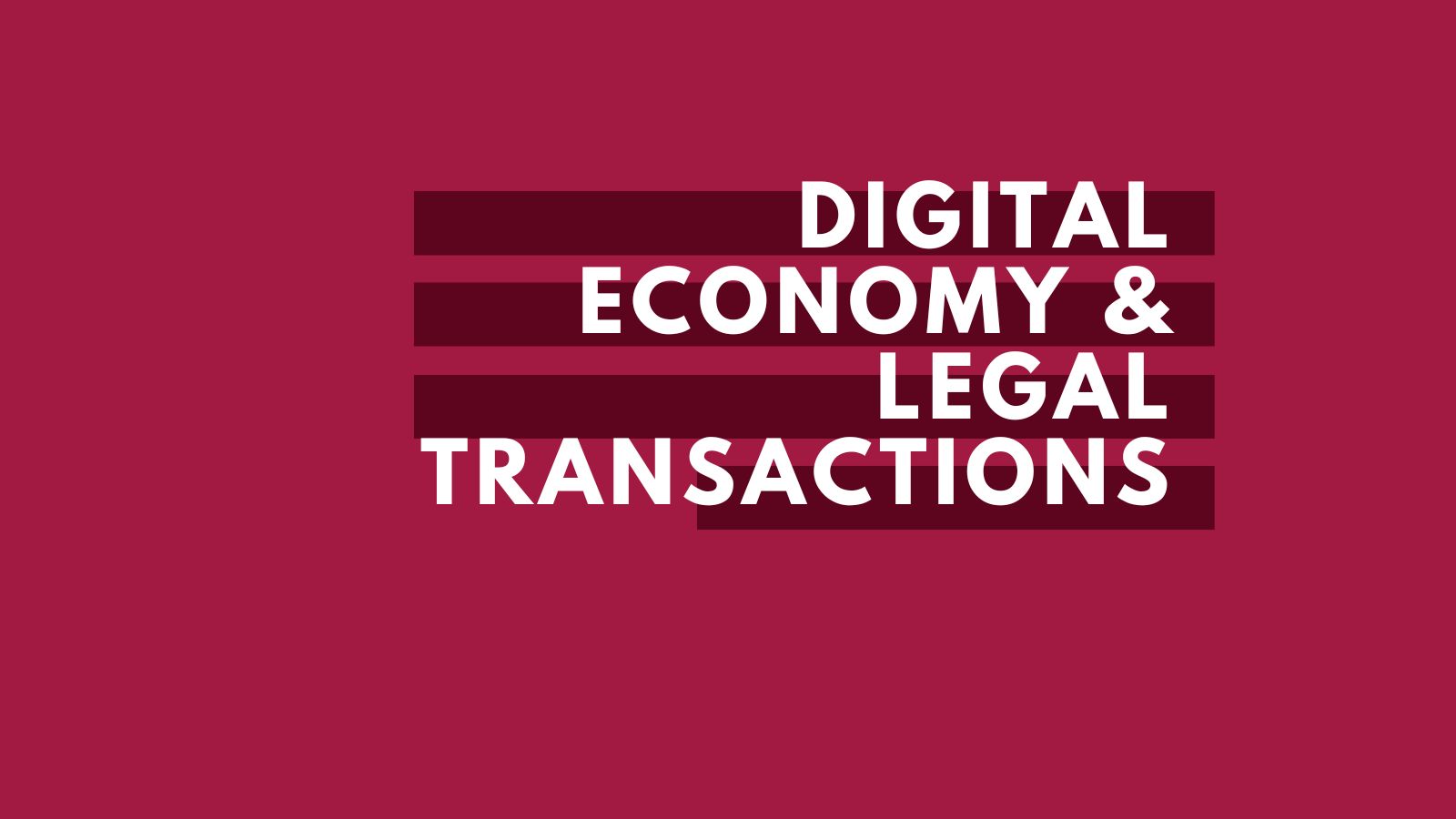In the ever-evolving digital era, Singapore has emerged as a trailblazer in embracing technological advancements and creating a robust legal framework to support digital transactions. The Electronic Transactions Act 2010 (ETA) stands as a landmark legislation, providing legal recognition and security for electronic transactions in the city-state. This article explores the key provisions, exclusions, and implications of the ETA, with a focus on its legal, real estate, and economic implications, highlighting noteworthy examples of its implementation.
I. Understanding the Electronic Transactions Act 2010
1.1 Overview and Objectives
The Electronic Transactions Act 2010, enacted on 1st November 2010, seeks to provide a clear legal framework for electronic transactions, enhance trust, and facilitate the use of electronic records in Singapore. The ETA aligns Singapore’s legal system with international standards, such as the United Nations Commission on International Trade Law (UNCITRAL) Model Law on Electronic Commerce.
1.2 Key Provisions
a. Legal Recognition: The ETA grants legal recognition to electronic records and electronic signatures, ensuring their validity and enforceability in the same manner as traditional paper-based documents and signatures.
b. Authentication: The act provides guidelines for establishing the integrity and authenticity of electronic records, including requirements for secure electronic signatures and certification authorities.
c. Formation and Validity of Contracts: The ETA confirms that contracts formed electronically are as valid and enforceable as those formed through traditional means, removing barriers to digital business transactions.
d. Retention of Electronic Records: The act sets out the requirements for the retention and admissibility of electronic records, ensuring their evidential value in legal proceedings.
II. Legal Implications of the Electronic Transactions Act
2.1 Enhanced Efficiency and Cost Savings
The ETA has revolutionized legal practice by enabling electronic filing, electronic service of documents, and electronic communication between lawyers, courts, and regulatory bodies. These measures have significantly reduced administrative costs, streamlined processes, and expedited legal proceedings, benefitting individuals, businesses, and the legal system as a whole.
2.2 Real Estate Transactions
The ETA has had a profound impact on the real estate sector, simplifying property transactions and improving efficiency. Electronic signatures and electronic records have become widely accepted in property agreements, lease agreements, and mortgage transactions, eliminating the need for physical paperwork and enabling secure and swift transactions. This has attracted foreign investors and bolstered Singapore’s reputation as a desirable investment destination.
2.3 Intellectual Property Protection
The ETA strengthens intellectual property protection by recognizing digital signatures and electronic records in copyright agreements and intellectual property transactions. This legal recognition ensures that electronic contracts pertaining to patents, trademarks, and copyrights are enforceable, providing businesses with greater confidence in protecting their intellectual property rights in the digital realm.
III. Economic Implications of the Electronic Transactions Act
3.1 Facilitating E-commerce Growth
Singapore’s reputation as a global e-commerce hub has been fortified by the ETA. By ensuring the legal validity of electronic transactions, the act has instilled confidence in online buyers and sellers, attracting international businesses to establish their digital presence in Singapore. The ETA’s provisions have significantly contributed to the growth of the e-commerce sector, bolstering the city-state’s economy and creating job opportunities.
3.2 Financial Technology Advancements
The ETA has played a pivotal role in the advancement of financial technology (fintech) solutions in Singapore. The act’s legal recognition of electronic signatures and records has paved the way for secure and efficient digital payment systems, mobile banking applications, and online wealth management platforms. These fintech innovations have contributed to Singapore’s status as a leading global financial center, attracting international businesses and fostering economic growth.
IV. Implementation Examples of the Electronic Transactions Act
4.1 Case Study: Real Estate Conveyancing
Documents that should not be executed via Electronic Signature, at least not yet include:
- the creation or execution of a will;
- negotiable instruments, documents of title, bills of exchange, promissory notes, consignment notes, bills of lading, warehouse receipts or any transferable document or instrument that entitles the bearer or beneficiary to claim the delivery of goods or the payment of a sum of money;
- the creation, performance or enforcement of an indenture, declaration of trust or power of attorney, with the exception of implied, constructive and resulting trusts;
- any contract for the sale or other disposition of immovable property, or any interest in such property (e.g. Leases or Tenancy Agreements); and
- the conveyance of immovable property or the transfer of any interest in immovable property.
The Singapore Land Authority has appointed a vendor to develop the Digital Conveyancing Portal (DCP) in three phases, which will transform the current paper-based conveyancing process into a fully integrated, efficient, transparent, and paperless digital conveyancing process for all property transactions in Singapore. The DCP will enable secured e-payment and digitised documents and signatories for conveyancing process for all types of properties by 2026. The DCP aims to bring efficiencies to all stakeholders involved in the conveyancing process from lawyers, financial institutions, real estate agents, developers and property buyers and sellers.
4.2 Case Study: Government Digitization Initiatives
The Singapore government has actively embraced the ETA by digitizing various services to improve efficiency and accessibility. The “SingPass” and “CorpPass” system, a national digital identity platform, allows citizens and businesses to access over 1,400 e-services securely. The ETA has provided the legal foundation for such initiatives, ensuring the validity and security of electronic transactions between citizens and government agencies.
Conclusion
The Electronic Transactions Act 2010 stands as a pillar of Singapore’s progressive approach to digitalization, establishing a secure legal framework for electronic transactions. The act’s key provisions have facilitated seamless legal transactions, supported real estate innovation, and driven economic growth in sectors such as e-commerce and fintech. By providing legal recognition and security to electronic records and signatures, the ETA has propelled Singapore’s position as a leading global digital economy, offering valuable lessons to nations seeking to embrace the potential of technology while maintaining a robust legal system.
